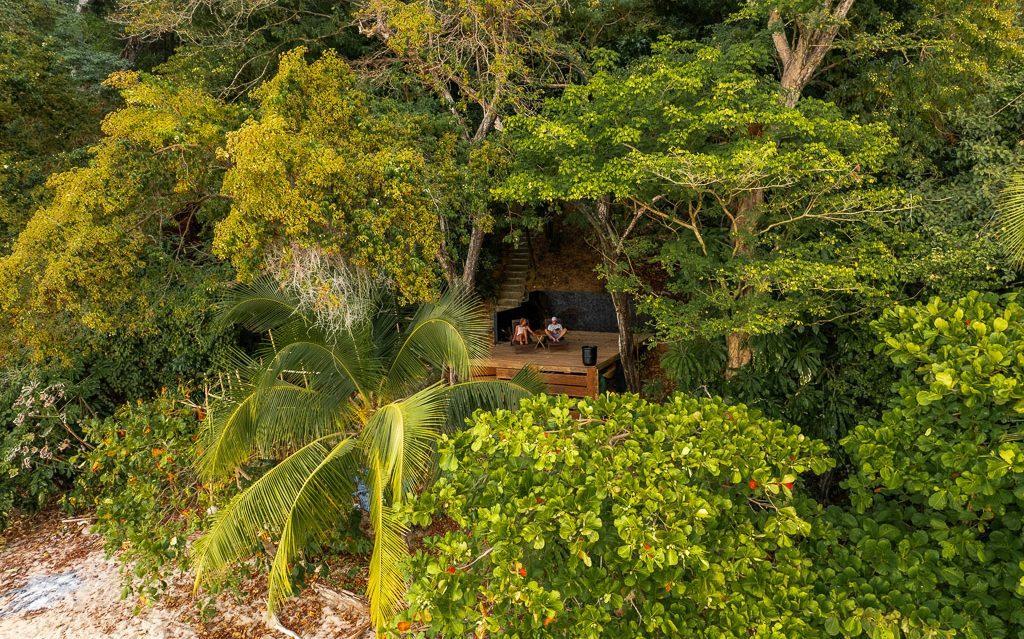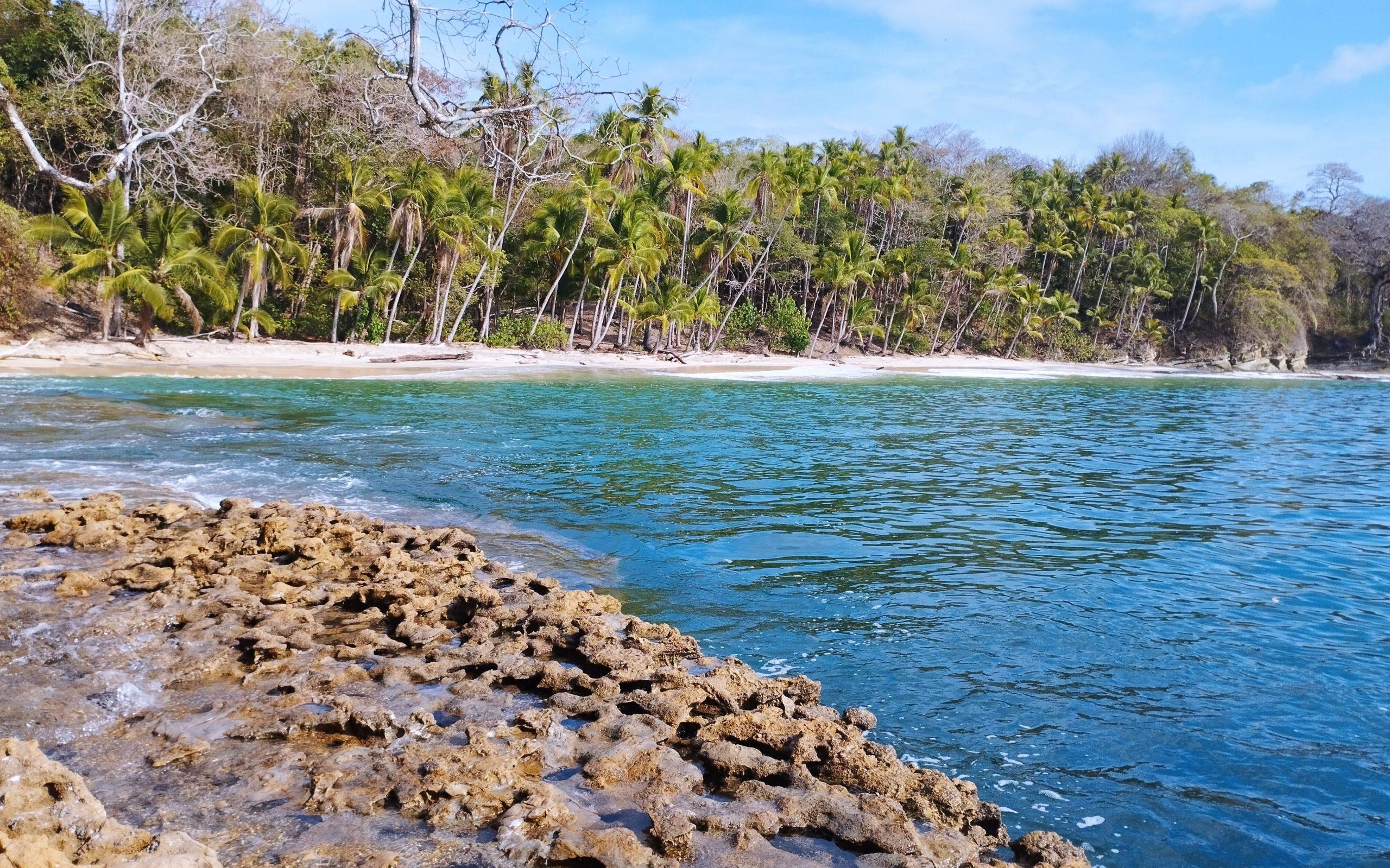Today’s new generations have paved the way to travel the world and explore places that once seemed impossible to go. While travel is a pleasure we enjoy, many of our practices as travelers mistreat the environment. Therefore, at Saboga Lodge, we propose ecotourism as a style of travel to make every experience more conscious, more pleasant, and more responsible.

What Is Ecotourism and What Is Its Purpose?
Ecotourism practices reflect responsible travel to natural areas that conserve the environment and improve the local population’s well-being. In other words, it is a type of tourism that is not only related to human beings but is wholly involved with nature. In addition, it gives importance to the impact we generate on the environment.

The seven principles of ecotourism
1. Minimize negative impacts, both for the environment and the community.
2. Build respect and awareness, both environmentally and culturally.
3. Develop positive experiences, both for tourists and local people.
4. Produce financial benefits that are direct for the site’s conservation.
5. To secure financial resources and encourage participation in community decisions.
6. Encourage sensitivity to the political, environmental, and social climate of the places visited.
7. Support both universal human rights and local labor laws and regulations.

Why Choose Ecotourism as a Travel Style?
The main objective of ecotourism is nature. Therefore, natural destinations are essential to visit and connect with the environment.
On the other hand, there is a strong emphasis on connecting with the local culture. One of the principles is to have the possibility to connect with the culture of the places you visit, learn about their customs and participate in the activation of local communities. In other words, you not only travel, but you contribute in one way or another something positive to the environment where you arrive.
Finally, it is crucial to carry out activities that cause the least possible impact on the environment. An example of this is doing activities such as hiking, kayaking, cycling, or climbing. The fundamental pillar of ecotourism is to protect the environment, reduce our carbon footprint and contribute to the welfare of our planet.

Advantages of Ecotourism
Ecotourism aims to observe flora and fauna in their natural state. If implemented correctly as an alternative to conventional tourism, it can bring many benefits. Among them are rescuing flora and fauna, creating a minimal impact on the environment, promoting employment in local communities, and maintaining the balance of nature.
On the other hand, it creates a better synergy between technology and nature, allowing more people to connect with environmental education.










































